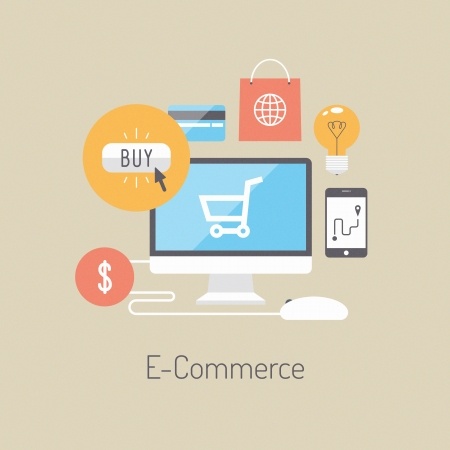 Are you considering starting your own e-commerce business? That’s great! More and more people are turning to online shopping to make purchases. In fact, online retail sales are expected to reach $294 billion this year. Building an e-commerce business from the ground up requires a lot of time and resources, so we’ve put together the following guide to help you.
Are you considering starting your own e-commerce business? That’s great! More and more people are turning to online shopping to make purchases. In fact, online retail sales are expected to reach $294 billion this year. Building an e-commerce business from the ground up requires a lot of time and resources, so we’ve put together the following guide to help you.
Define Your Product
Before starting an e-commerce business, it’s important to determine what you’re going to sell. Will you sell a variety of different products, or will you focus on a select few? How are you going to source your products? Will you work with vendors or wholesalers? Importantly, is there a demand for your products?
Define Your Customers
Consider creating buyer personas, or fictional representations of your ideal customers. Define their age, location, personality, economic level, and other characteristics. Knowing who your customers are will allow you to build an e-commerce store that caters to your ideal visitors.
Research Your Competitors
How do you stack up against competition? What are the strengths of your competitors? What are their weaknesses? Gathering these insights can help you establish your unique value proposition.
Write a Business Plan
Having a well-defined business plan can help you stay on track and guide you towards success. A business plan should include information about your product, your customers, and your market. It should also contain an operational plan, as well as financial projections. The Small Business Administration offers free, downloadable business plan templates and guides.
Build Your Online Store
Now that you’ve mapped out your business plan, it’s time to actually build your e-commerce website. There are many options available, but one of the simplest solutions is to hire an experienced agency that provides custom e-commerce web design services and can build an online store that best addresses the needs of your business.
Market Your Business
Marketing can make or break your business. Make sure you establish a strong presence on social media channels. Use social media management tools such as HootSuite and Buffer to schedule posts on Twitter, Facebook, Pinterest, etc. Interact with your customers and delight them with promotional offers or giveaways.
Have an SEO expert look at your site and make it search engine friendly. Optimizing your site will help you rank higher in Google and drive more traffic to your online store.
Lastly, contact local reporters and ask them to publish a story about your new business. Think of a great pitch ahead of time. Reporters are always looking for newsworthy stories – especially if they fit a current trend or theme.
We can help! If you’d like to have your e-commerce store up and running in no time, hire help from our professionals. Call us today!
